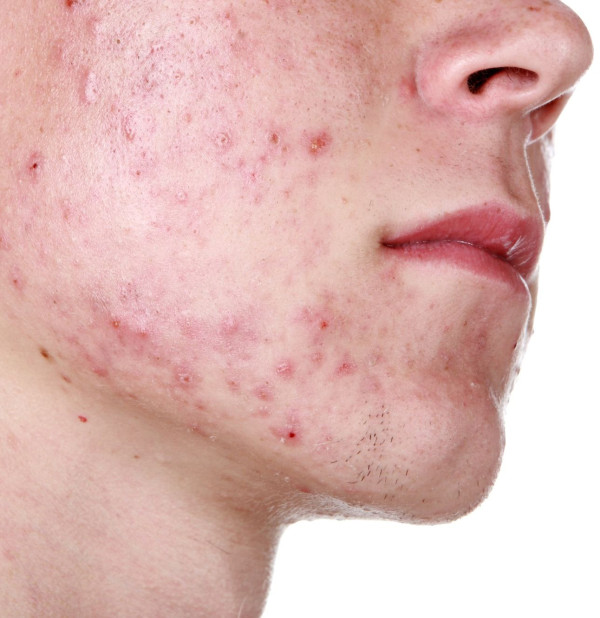
SKIN CARE FOR TEENS: TREATING ACNE
Acne can have a very negative impact on the self-esteem of teens and adolescents. The good news it is treatable, although sometimes it just takes time. Don’t wait to consult with a professional. Dr. Daniel Glass, whose main office location is on Harley Street in London, is a specialist Acne Dermatologist with much experience. His research and publications on acne are available online here.
WHAT IS ACNE?
During the teenage years, usually between the ages of 12 and 25, hormonal changes cause the sebaceous glands under the surface of the skin to produce more oil which is excreted through small pores. Acne occurs when these pores become blocked (by blackheads or whiteheads) and the oil then gets trapped underneath which forms a pimple.
Mild to moderate acne is when these conditions create a tendency for blackheads, whiteheads and pimples to appear, particularly on the face, but sometimes on the back, neck and chest as well.
More severe acne occurs when bacterium, called P. acnes, grow and multiply in the oil that is trapped under the skin. This causes an immune reaction the results in inflammation, making the skin red, and enlarging the pimples, which then fill with pus. Sometimes the pimples grow larger, forming small nodules or cysts.
This more severe type of acne is treatable, but takes time, often months to completely heal and disappear. In some cases, the inflamed areas remain discolored or small scars form.
TREATMENT FOR ACNE
There are a number of options to treat acne and the one you use will depend on the type and severity of your acne. It is worthwhile to consult with a qualified dermatologist such as Dr. Daniel Glass in London to ensure that the treatment you use not only clears the spots and the inflammation if you have, but also prevents scarring.
Treatments include topical creams, gels or lotions that are applied to the skin and/or tablets. Some topical treatments, such as Benzoyl peroxide can be obtained at a pharmacy without a prescription, while other formulas or tablets which include antibiotics or other controlled ingredients, require a prescription. If you have inflamed acne, it is best to start treatment as soon as possible to reduce scarring. You can read more about specific treatment options available at Patient.co.uk.
SKIN CARE
Contrary to some false beliefs, acne and blackheads are not caused by poor hygiene. In fact, the black of a blackhead is not dirt, it is pigment from the skin that cannot be washed away. Excessive washing can actually worsen the condition. If you have acne you should wash your face gently twice a day with a mild soap and lukewarm water. You can also try an antiseptic wash which sometimes can help clear up the skin. If the skin is dry, use a water-based, fragrance-free moisturizer as oil-based creams can worsen the condition.
WHAT WORSENS ACNE?
If you have acne, the following things could make it worse:
- Hormonal changes, particularly in girls before their menstrual cycle or women taking progestogen-only contraceptive pills.
- Excessive sweating, particularly under covered areas where the pores are covered such as headbands or tight-fitting clothes.
- Oily makeup or facial creams.
- Certain medications taken for epilepsy and steroidal creams or lotions for eczema as well as anabolic steroids.
- Squeezing and picking at pimples.
- Some research suggests that diets high in sugar and milk products.
Treating severe acne can sometimes be a process which requires time and patience. The sooner you consult with a Harley Street acne specialist like Dr Glass, the sooner you will see results.
You can call us any time at to set up a consultation: 020 3282 0011.